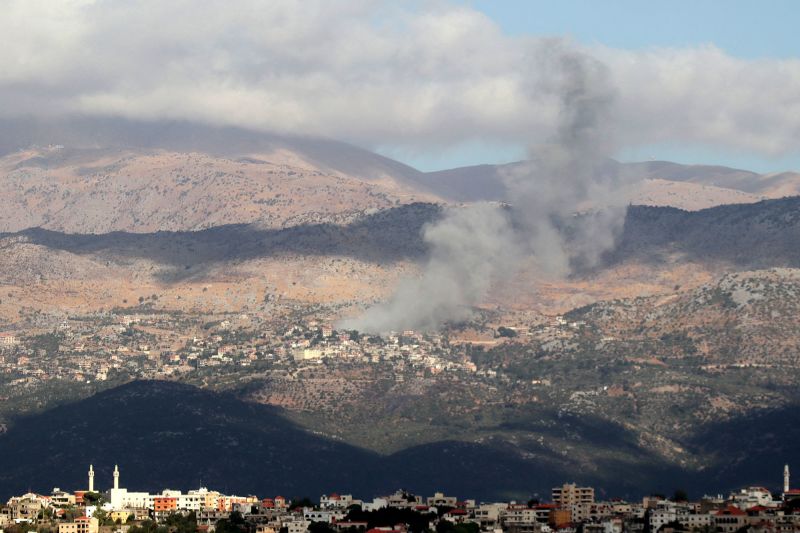Israel continues to navigate a complex and unrelenting geopolitical landscape, as it seeks to broaden its war objectives while grappling with simmering tensions with Lebanon-based militant group Hezbollah. This expansion stems from a need to safeguard its national security interests, in a region continuously marked by conflict and instability.
The shift towards a northern-focused perspective comes in light of the territorial and strategic gains made by Hezbollah along the Israeli-Lebanese border. The militant group, which enjoys backing from Iran, has escalated tensions with Israel, pushing the latter to broaden its scope of national security operations. Israel’s primary concerns are not limited to Hezbollah’s increasing military capabilities; also alarming is the group’s expanding influence and ideological foothold in the region.
Stratagem experts posit that one of the pivotal challenges for Israel lies in incorporating a northern-centric defensive stance whilst maintaining its operational readiness and responsiveness to conflicts in the Gaza Strip. The Israeli Defense Forces (IDF), thus, face the critical task of rebalancing forces and resources, a task that implies far-reaching military and logistical ramifications.
On a tactical level, Israel is investing heavily in mobilizing its air defense weaponry and ground assault capabilities on the northern front. This involves regular surveillance flights over Southern Lebanon and occasional tactical airstrikes aimed at Hezbollah’s artillery positions and ammunition stockpiles. Furthermore, the IDF is developing strategies concentrated on tunnel warfare, mindful of the attempts made by Hezbollah to infiltrate Israel via a network of underground passages.
Emerging technologies offer an added edge to Israel’s expansive war objectives. By using artificial intelligence (AI) and machine learning, Israel’s military can optimally monitor Hezbollah’s activities and predict threats accurately. Cyber warfare, too, has become a valuable part of Israel’s arsenal in the conflict against Hezbollah, acting as both a deterrence and a direct line of attack against its adversary’s informational infrastructure.
Parallel to its military maneuvering, Israel is intensifying its diplomatic engagement with international allies and regional partners. Ensuring international awareness and backing in the face of Hezbollah’s constant threat is integral to their comprehensive strategy. Bilateral talks with the United States and diplomatic exchanges with the European Union focus on curtailing Iran’s funding for Hezbollah which, in turn, could dramatically diminish the militant group’s capability to sustain its operations against Israel.
Despite the aforementioned strategic positioning, the potential for escalation remains. Key obstacles include Israel’s contested borders and the disputed Shebaa Farms area, which Hezbollah has often cited as a pretext for its ongoing armed struggle against Israel. This situation further underscores the need for an effective international diplomatic intervention to mediate and maintain peace in the region.
In conclusion, while expanding its war objectives amidst the continuing tension with Hezbollah presents a felt necessity for Israel, it also poses significant challenges, both logistically and diplomatically. Ensuring long-term security for its citizens, in a region marked by volatile politics and perennial conflict, will demand tactical prowess, technological advancement, and adept international relations management from the Middle Eastern nation.




